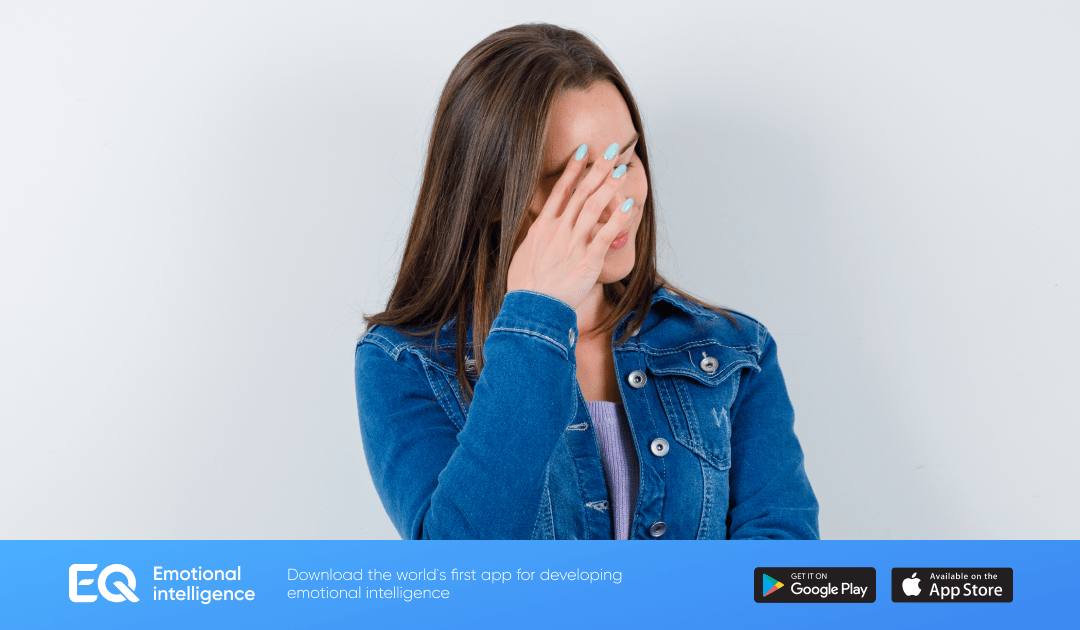Shame is one of those emotions that we will do anything to avoid. It takes your breath away, makes you sick, and makes you want to disappear. We will shame other people to avoid it. We will lie, isolate ourselves and look for any way to disappear so we don’t feel it.
Shame is one of the most destructive and debilitating emotions that people can experience, and it occurs when people do not feel good about themselves compared to their standards, as well as society’s standards. Feelings of shame can lead people to engage in self-destructive and risky behaviors, such as abusing alcohol and drugs and can cause long-term physical and emotional problems, including physical pain, depression, low self-esteem, and anxiety.
Shame is the feeling that something is wrong with you. It’s not that you’ve done something wrong (that’s guilt), no, the shame comes from an underlying belief that you’re just not good enough. Unfortunately, this is a core belief that is common among those struggling with addiction issues, and shame also gets in the way of recovery, self-acceptance, and access to help.
It develops during our life — a set of thoughts, feelings, and behavior. And shame becomes part of our personality. Because of this experience, we are labeled, stereotyped, and stigmatized. We become something other than what we were.
If people you look up to have told you that you’re different and weird enough, you might feel ashamed. If someone you like makes fun of you because of your weight, you might feel ashamed. Shame can overwhelm you if your parents tell you over and over again that you’re stupid. Or if the teacher makes fun of you publicly and involves the rest of the class. When enough of these things happen, they become more than coincidences. They become the lens through which you see the world.
However, you can avoid this path entirely by making a concerted effort to let go of shame and instead value yourself and your contribution to the world. It is important to remember that you are much more than just what you have done, said, or felt.
Shame becomes part of the reason you don’t get help.
When you stop seeing yourself as your label, as your problem, as your addiction, the shame begins to fall away.


Recent Comments